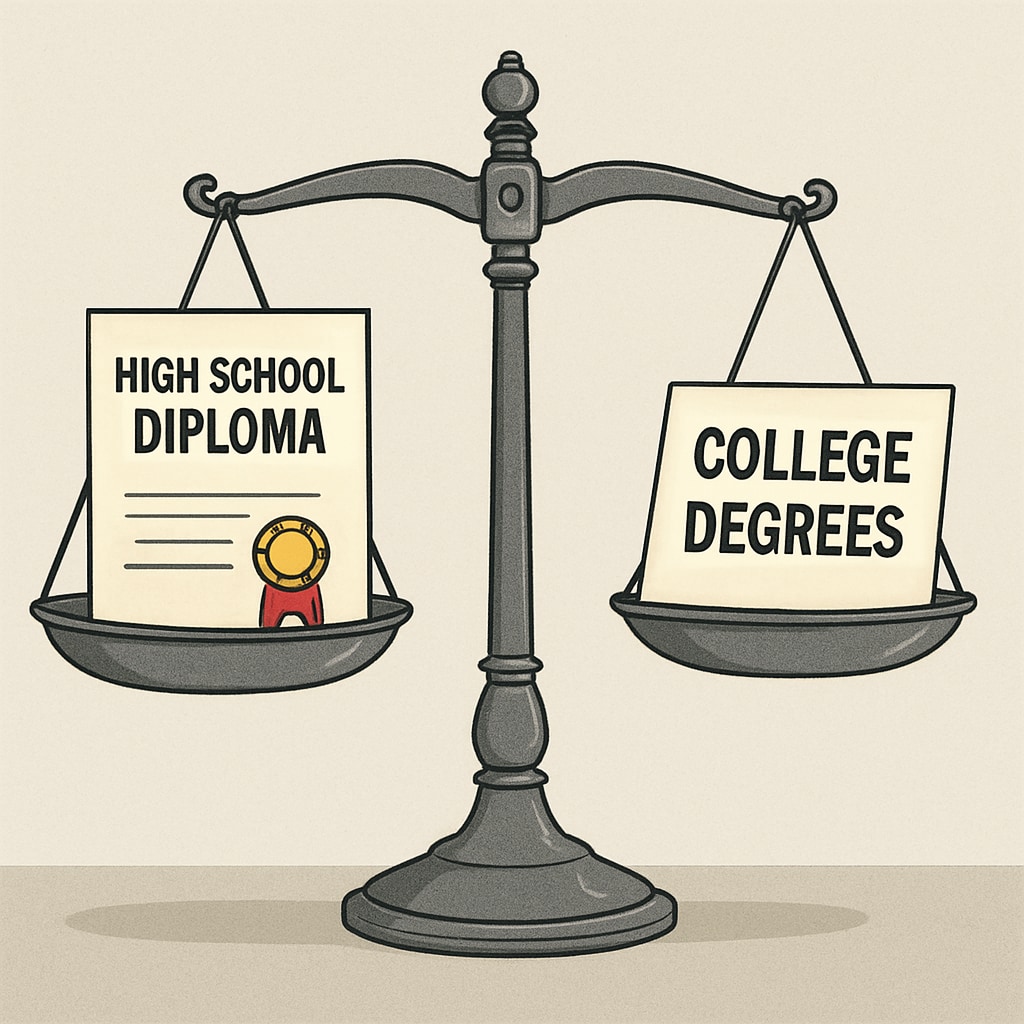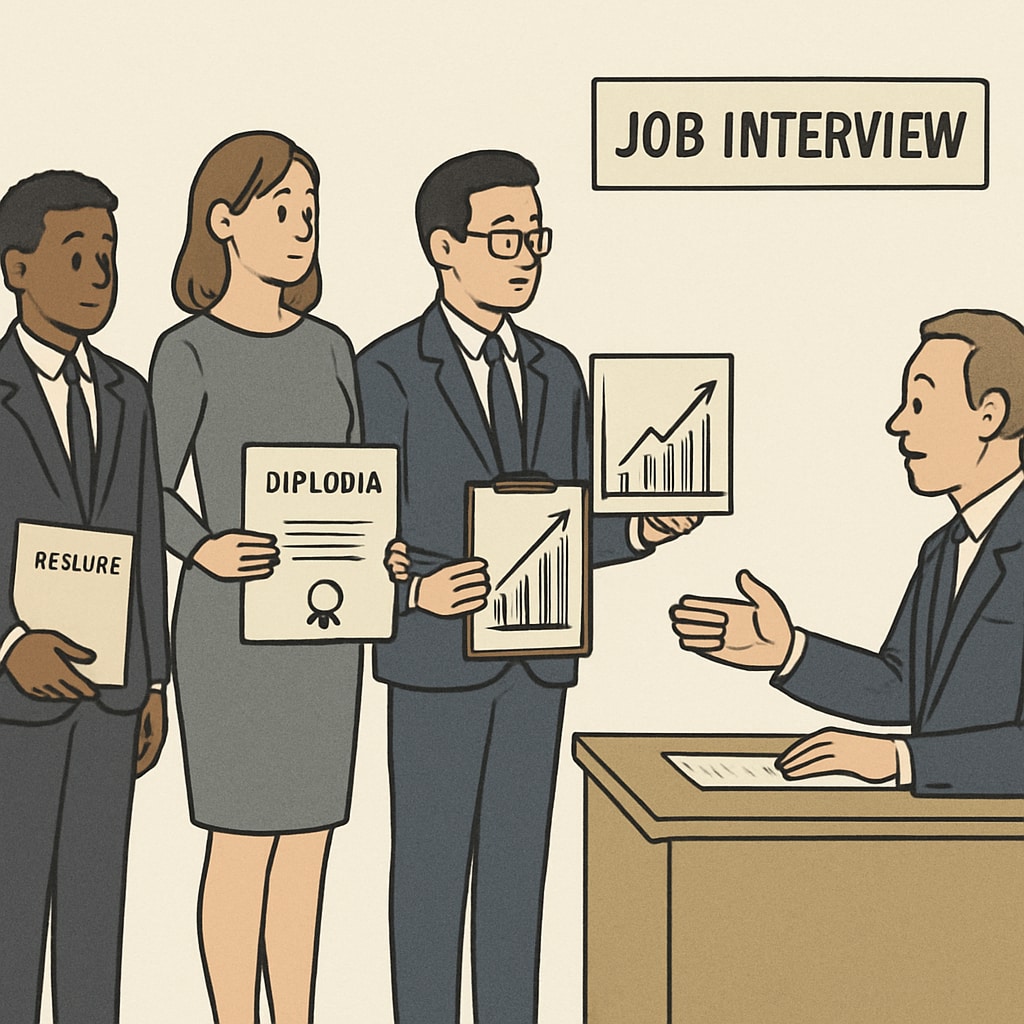In Arizona, employment qualifications are revealing an unsettling reality: higher education achievements, even three college degrees, are often undervalued compared to a standard high school diploma. This paradox not only raises questions about the fairness of hiring practices but also sheds light on the problematic recognition of education credentials in the state’s workforce. While education is widely regarded as a cornerstone for professional success, the current system may inadvertently discourage individuals from pursuing higher education, undermining its intrinsic value.
The Contradictions in Employment Standards
Arizona’s employment qualification process has highlighted a troubling trend: certain positions prioritize specific certifications or diplomas over higher academic achievements. For example, state jobs requiring high school diplomas often exclude candidates with advanced degrees unless they meet narrow, predefined criteria. This mismatch begs the question—are we valuing education appropriately, or are we adhering to outdated evaluation systems?

Such contradictions are particularly evident in roles that require vocational training or sector-specific certifications. While these qualifications are undeniably important, the exclusion or marginalization of candidates with advanced degrees seems counterproductive. In addition, this practice creates barriers for educated individuals who might bring broader perspectives and skills to the table.
Implications for Job Seekers
This paradox has profound implications for job seekers in Arizona. Individuals who have invested years in obtaining college degrees may find themselves less competitive than those with minimal educational backgrounds tailored to specific job requirements. For example, a candidate with three bachelor’s degrees in fields like engineering, health sciences, and business might lose out to someone with a high school diploma and a vocational certification for certain roles.

As a result, this system risks alienating a significant portion of the workforce, discouraging educational pursuits, and perpetuating a cycle of undervaluation for advanced academic qualifications. Job seekers may begin to question the return on investment for their time and money spent in higher education, leading to broader societal impacts on enrollment rates and aspirations.
Reevaluating Education Recognition
To address this paradox, policymakers and employers in Arizona need to reevaluate how they recognize and value educational qualifications. This could involve:
- Creating tiered employment frameworks to accommodate candidates with diverse educational backgrounds.
- Ensuring advanced degrees are appropriately weighted during the hiring process.
- Providing clearer pathways for individuals transitioning from academic environments to vocational fields.
Furthermore, collaboration between educational institutions and employers could help align academic programs with real-world skills and job market demands. By bridging the gap between theoretical knowledge and practical application, Arizona could better integrate advanced degree holders into its workforce.
Conclusion: A Call for Change
Arizona’s employment qualifications reveal a deeper issue with how society values education. It is time to challenge the paradox that undervalues higher education achievements and reevaluate hiring practices to ensure fairness and inclusivity. By aligning employment standards with the diverse talents of job seekers, the state can foster a more equitable and productive workforce. Addressing this issue is not just about correcting a flawed system—it’s about reaffirming the importance of education as a lifelong investment.
For further reading on education systems and workforce alignment, visit Education on Wikipedia and Education on Britannica.


